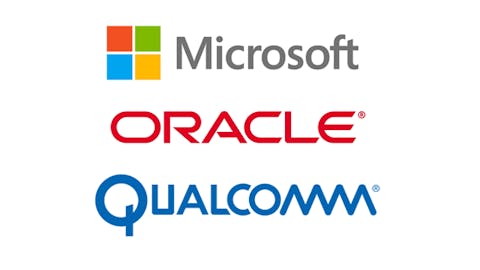As mentioned, this is also a longterm holding of Gayner, who held the previous incarnation of Walgreens’ stock dating back to 2007. From 2008 through 2014 that stock gained just under 100%. The stock was on a particularly torrid run through 2013 and the first half of 2014 until it was announced in early August that the company’s CFO had been replaced, followed by Walgreens dramatically lowering its guidance for fiscal 2016 two days later. That led to shares crumbling by 14% and has prompted securities lawyers at Dunnam & Dunnam to launch an investigation into possible corporate wrongdoing. Andreas Halvorsen’s Viking Global and Barry Rosenstein’s JANA Partners are among the major shareholders of Walgreens Boots Alliance Inc (NASDAQ:WBA) who will likely be paying close attention to that investigation.
Finally we come to Walt Disney Co (NYSE:DIS), in which Gayner holds a position of 1.54 million shares with a value of $161.69 million. Walt Disney Co (NYSE:DIS) is up by more than 225% over the past five years, and more than 16% in 2015, defying at least one analyst who considered it “the short of 2015”, towards the end of 2014. That analyst, A&G Capital CIO Hilary Kramer, believed Disney was riding the coattails of the incredible success of Frozen and had yet to meaningfully try and find its replacement despite Disney being poised to increase its film production in 2015 and release a new Star Wars film in December. On the other hand, Seventh Capital Managing Partner Monica Mehta described Disney as being “awesome” and “ a longterm play”, which Gayner has known and benefited from for years. Billionaire Ken Fisher is another longterm shareholder of Disney and its largest shareholder in our database today.
Professional investors like Gayner spend considerable time and money conducting due diligence on each company they invest in, which makes them the perfect investors to emulate. However, while Gayner’s returns have been strong the past five years, we also know that the returns of hedge funds on the whole have not been good for several years, underperforming the market. We analyzed the historical stock picks of these investors and our research revealed that the small-cap picks of these funds performed far better than their large-cap picks, which is where most of their money is invested and why their collective performances have been poor. A portfolio of the 15 most popular small-cap stocks among funds outperformed the S&P 500 Total Return Index by 95 basis points per month between 1999 and 2012 in backtesting. The exceptional results of this strategy got even better in forward testing after the strategy went live at the end of August 2012. A portfolio consisting of the 15 most popular small-cap stock picks among the funds we track has returned more than 137% and beaten the market by more than 82 percentage points since then, and by 4.6 percentage points in the first quarter of this year (see the details).
Disclosure: None




